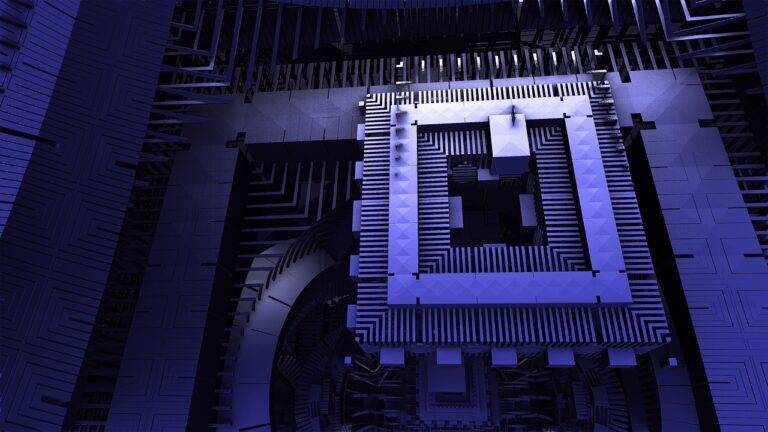The Future of Cryptocurrency: Decentralized Finance and Tokenization
Cryptocurrency is a digital form of currency that operates independently of a central authority such as a government or financial institution. It utilizes cryptography to secure transactions, control the creation of additional units, and verify the transfer of assets. Bitcoin, created in 2009, was the first decentralized cryptocurrency and has since paved the way for numerous other cryptocurrencies to enter the market.
One of the key features of cryptocurrency is its decentralized nature, which means that transactions are recorded on a secure and transparent public ledger known as the blockchain. This distributed ledger technology ensures that transactions are secure, immutable, and resistant to fraud or manipulation. Additionally, cryptocurrencies offer users a level of privacy and autonomy that is not typically available with traditional fiat currencies.
The Rise of Decentralized Finance
Decentralized finance (DeFi) has emerged as a revolutionary concept in the world of traditional finance. By utilizing blockchain technology, DeFi enables individuals to access financial services without the need for intermediaries such as banks or brokerages. This peer-to-peer system allows for greater financial inclusion, as users can directly interact with decentralized applications to lend, borrow, trade, and invest in a secure and transparent manner.
One of the key advantages of DeFi is its ability to provide greater control and autonomy to users over their financial assets. Smart contracts, self-executing contracts with the terms of the agreement directly written into code, ensure automated and trustworthy transactions without the need for a middleman. This innovation not only reduces the risk of human error or fraud but also decreases transaction costs and speeds up the overall process, making financial services more efficient and accessible to a wider range of individuals.
Tokenization and its Impact on the Economy
Tokenization, the process of converting assets into digital tokens on a blockchain, is revolutionizing the traditional financial landscape. By enabling fractional ownership, tokenization opens up investment opportunities to a wider range of individuals, thereby democratizing access to assets such as real estate, art, and commodities. This increased accessibility has the potential to boost liquidity in markets and drive economic growth.
Moreover, the transparency and immutability of blockchain technology provide trust and security in tokenized assets. Smart contracts embedded in tokenization allow for programmable functionalities, such as automated dividend payouts and instant settlements, reducing the need for intermediaries and streamlining transactions. As tokenization continues to gain traction, its impact on the economy is poised to reshape traditional financial systems and foster a more inclusive and efficient market environment.





